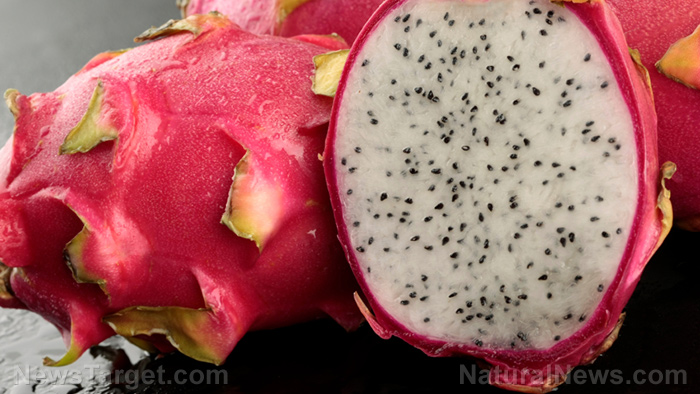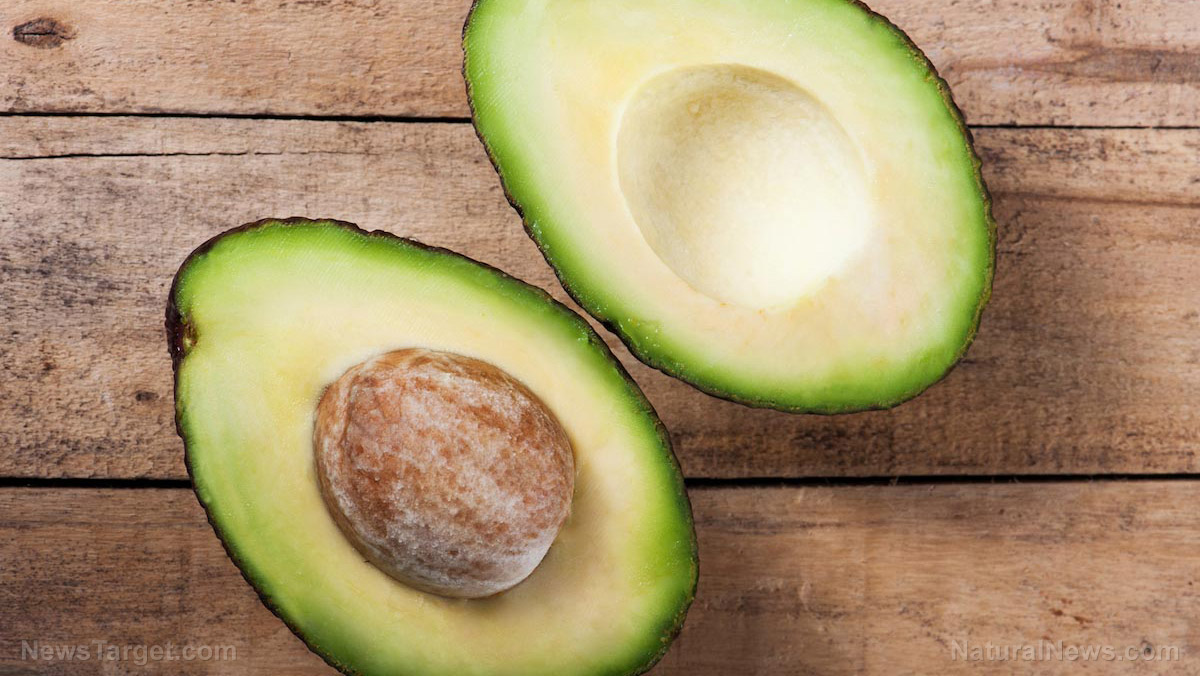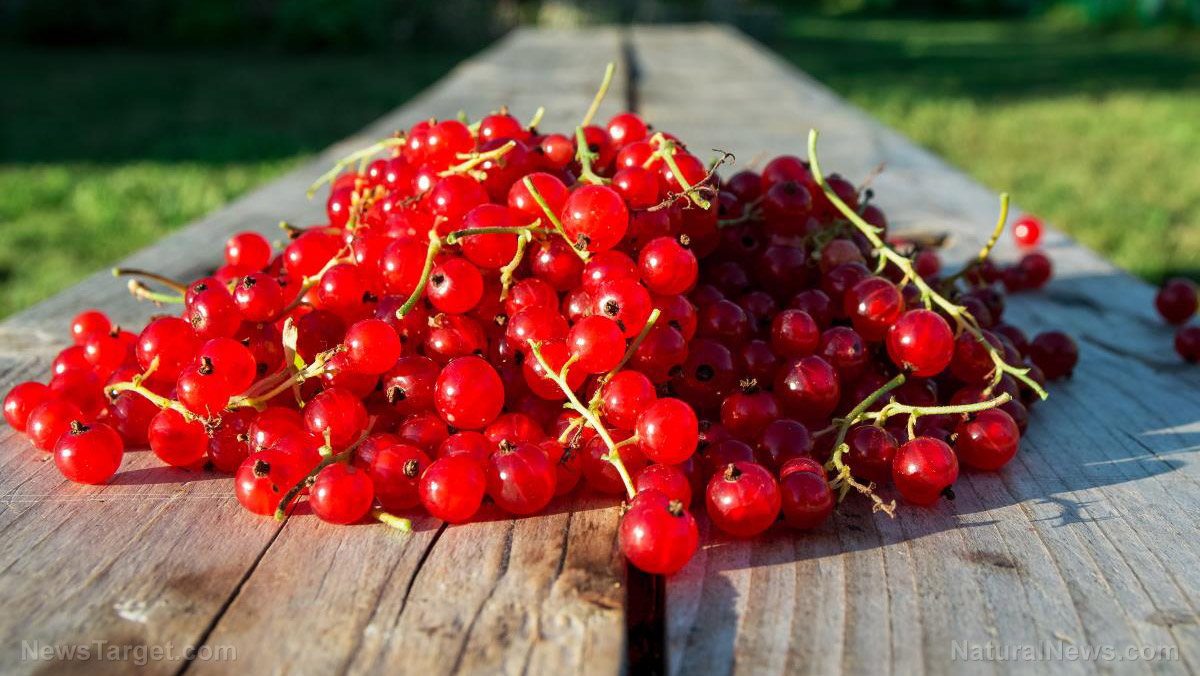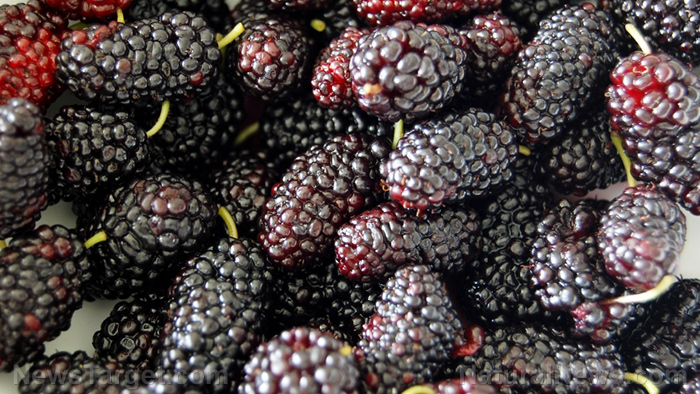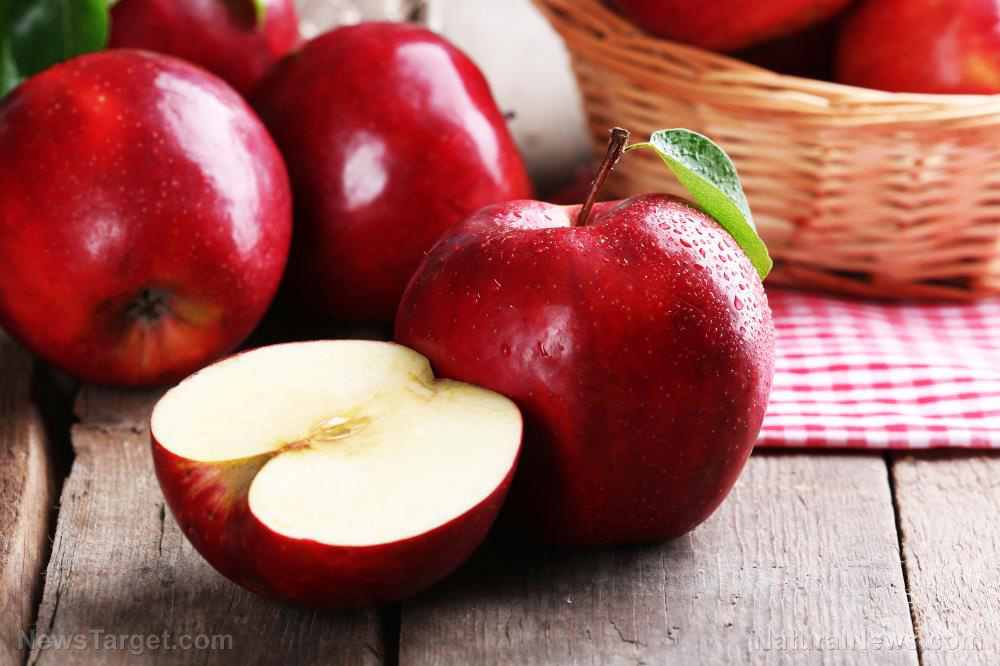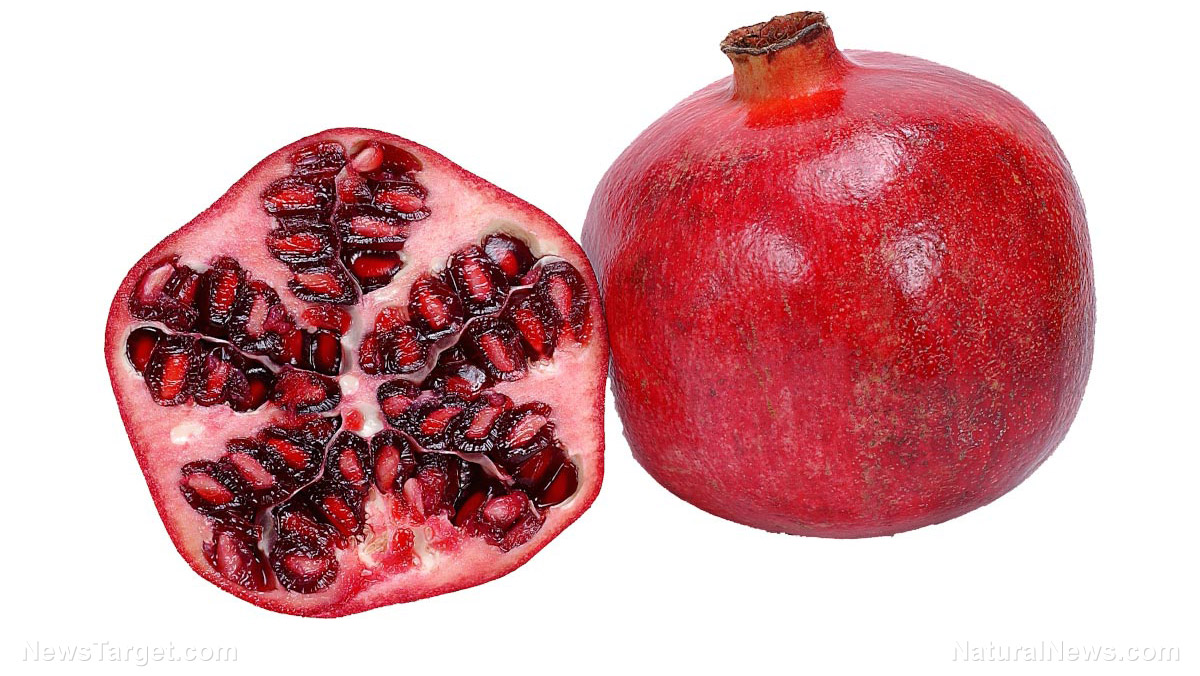The fruit of the aidan tree from African medicine shows promise as a natural treatment for gout
10/10/2019 / By Melissa Smith

People from the lowland forests of tropical Africa use the dried fruit of the aidan tree (Tetrapleura tetraptera) as a spice. In traditional medicine, they also utilize different parts of the tree for treating various diseases. A study published in the journal Food Science and Human Wellness suggests using the fruit as a functional food for preventing and treating hyperuricemia and its related conditions, like gout.
Hyperuricemia is a condition marked by elevated levels of uric acid. It is linked to many diseases, including gout, uric acid kidney stones, and acute kidney failure. The condition results from the overactivity of xanthine oxidase (XO). This, in turn, induces lipid peroxidation. (Related: Gout: Another metabolic disorder that can be controlled through lifestyle.)
The study’s researchers, who were from Nigeria and Brazil, identified the compounds in the fruit extract. They also examined its ability to inhibit lipid peroxidation in the kidney, liver, and lung tissues using a rat model.
The results showed that aidan fruit extract contains flavonoids, such as apigenin, catechin, epicatechin, luteolin, rutin, and quercetin. The extract also contains phenolic acids, such as gallic, chlorogenic, caffeic, and ellagic acids. These compounds are known to exhibit anti-inflammatory and antioxidant activities.
In addition, the results revealed that the extract inhibited XO in the kidney, liver, and lung tissues of rats in a dose-dependent manner. XO inhibitors – such as the plant’s compounds – are used to treat hyperuricemia and gouty arthritis because they help reduce uric acid levels and oxidative stress. The researchers concluded that aidan fruit’s benefits can be attributed to the combined effects of its flavonoids and phenolic acids.
Aidan fruit also helps in the management of metabolic syndrome, study suggests
A study in Lipids in Health and Disease found that aidan fruit can also be used to manage metabolic syndrome. Metabolic syndrome is a cluster of conditions that occur together, increasing the risk of diabetes, heart disease, and stroke. Having this condition means that you have at least three of the following metabolic risk factors: high blood pressure, high blood sugar, a large waistline, high triglyceride levels, and abnormal cholesterol levels. It is increasingly becoming more common, and about one-third of Americans have risk factors that qualify for metabolic syndrome.
In the study, researchers from Malaysia and Cameroon examined the effect of aidan fruit on metabolic syndrome in rats. They fed rats with a high-carbohydrate, high-fat diet and gave them streptozotocin to induce metabolic syndrome. Then, they treated the rats with 200 or 400 milligrams per kilogram (mg/kg) of polyphenol-rich hydroethanolic aidan fruit extract for 28 days. They also compared the extract’s effect with metformin, an anti-diabetic drug.
The results showed that treatment with aidan fruit extract reduced weight gain, fasting blood glucose, insulin levels, and insulin resistance in rats. It also alleviated obesity and Type 2 diabetes associated with oxidative stress and hypertension in rats. In addition, the treatment lowered elevated cholesterol levels and reduced liver damage in the animals. The extract further displayed its anti-inflammatory effect by down-regulating tumor necrosis factor-alpha (TNF- a), interleukin-6 (IL-6), C-reactive protein (CRP), and leptin, as well as by increasing adiponectin. The researchers also observed that the beneficial effects of aidan fruit extract were comparable to those of metformin.
To read more articles on potential functional food like aidan fruit, visit FoodCures.news.
Sources include:
Tagged Under: adian fruit, adian tree, African medicine, aidan, alternative medicine, clean food, disease treatments, flavonoids, food cures, food is medicine, food science, fruits, functional food, gout, herbal medicine, Herbs, hyperuricemia, natural cures, natural medicine, Phenolic acids, prevention, remedies, research, Tetrapleura tetraptera, uric acid
RECENT NEWS & ARTICLES
COPYRIGHT © 2017 FRUITS NEWS

